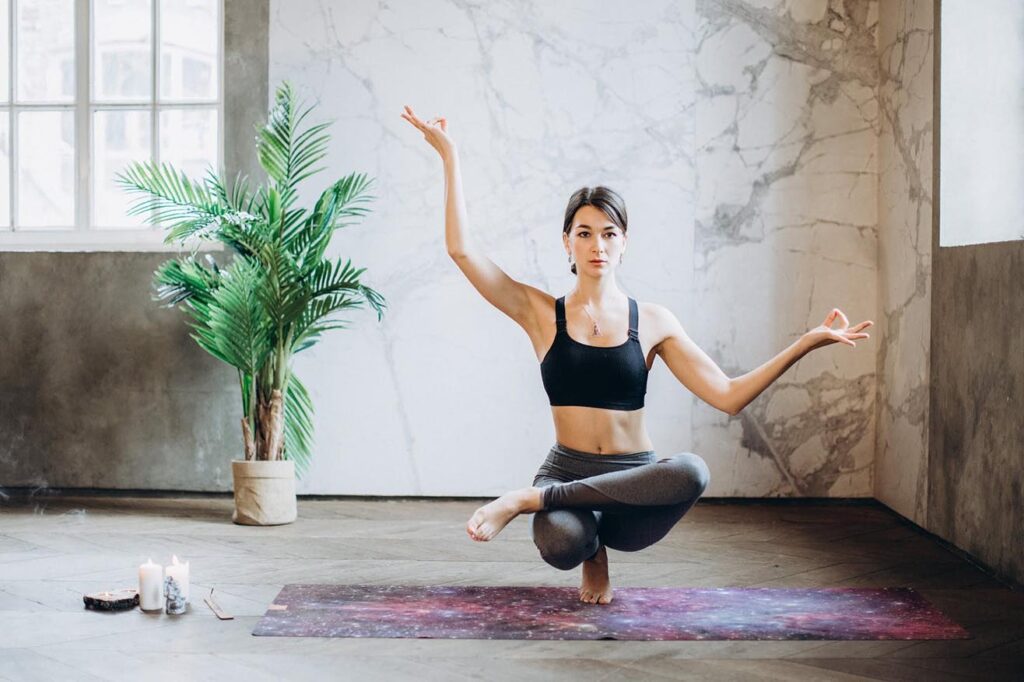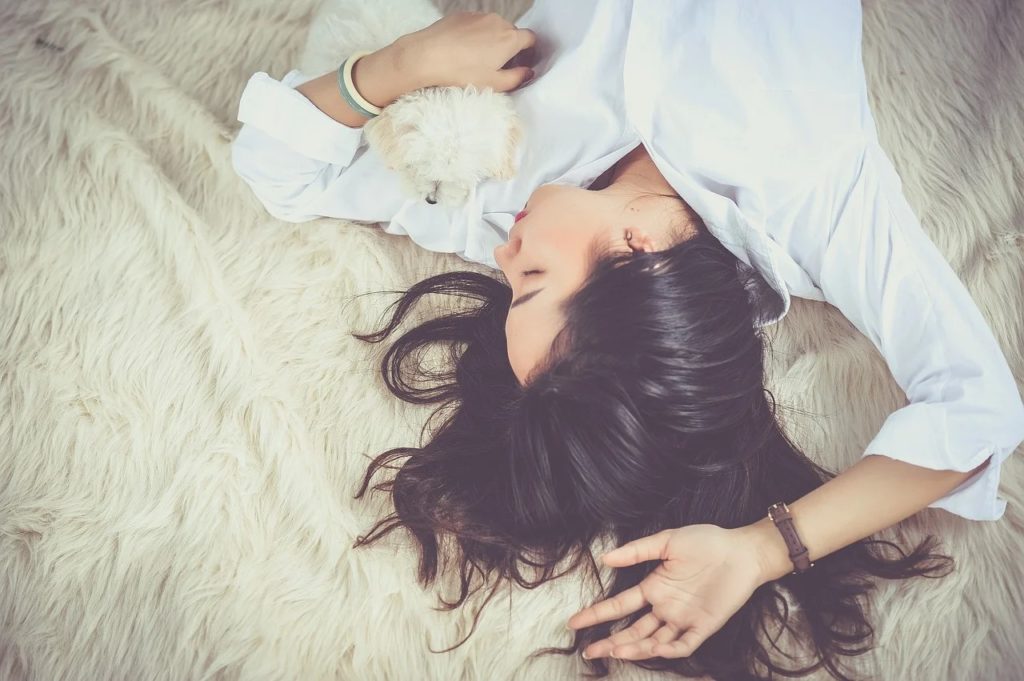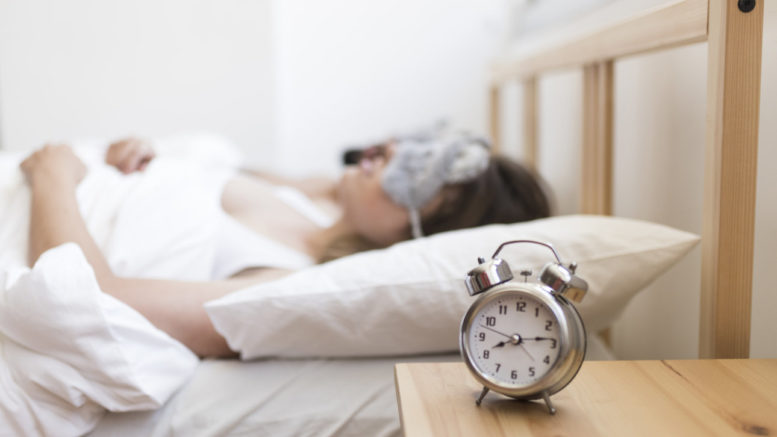One of the consequences of the COVID-19 pandemic is the enormous stress that accompanies us throughout the days and nights. Most of us lack job security, whereas others have already lost their jobs, and their financial situation makes it difficult for them to relax during any part of the day.
On top of that, let’s not forget about the pandemic itself – currently, more than 2 million people have died all around the world due to the COVID-19. We also have to avoid other people, which makes unstressing even harder.
It is not surprising then that many people have started having problems with insomnia. Although there aren’t foolproof solutions to this issue, there are things that could at least reduce its severity.
Incorporate Yoga into Your Schedule
Yoga has become very popular these days because it helps people to relax and relieve themselves of stress. Some people who have insomnia try to do the sun salutation in order to reduce its severity. You can also try some special poses like the “corpse pose” in order to induce sleepiness.

Practice Deep Breathing Exercises
Deep breathing exercises can also induce sleepiness, which is why they are widely recommended for people who lack quality sleep. You can do deep breathing exercises while sitting upright with your chest lifted and your hands placed on your knees or in a prayer position in front of your chest. Inhale through your mouth and exhale through your nose while keeping your mouth closed. A few minutes of deep breathing per day should help you sleep better at night.
Get Plenty of Sunshine in the Daytime
Make sure that you get plenty of sunshine during the daytime. Sunshine can help you feel happier and more relaxed and reduce the severity of your insomnia symptoms.
Make Sure That You Don’t Eat Before Bedtime
It is recommended that you try eating dinner at least three hours before going to bed because it will make it easier for you to fall asleep at night. If you have difficulties sleeping because you are hungry, eat something light like crackers or a light sandwich before bed.
Use Essential Oils
Essential oils are very effective at soothing pain and promoting relaxation. If you are one of those people who suffer from various physical problems due to a chronic illness or an accident, using essential oils could be really helpful for soothing muscle pain or neuralgia. They could also help you in relieving fatigue and boosting your energy levels during the night so that you could fall asleep without feeling tired.
Try CBD
Just like essential oils CBD can reduce pain and is often used for sleeping disorders. Unlike the part of the cannabis plant that ‘gets you high,’ CBD is a compound that comes without the side effects but can relax and soothe the body. It’s also federally legal in all 50 states!
You don’t even need to ingest CBD; you can use CBD topicals to apply to your skin in cream or salve form or even as a bath bomb and get the same sleep-inducing effect!

Drink Warm Milk
There are many people who drink warm milk as soon as they go to bed because they want to induce sleepiness. There are also those who drink warm milk with honey because honey is also known for inducing sleepiness. If you are currently prescribed medication for sleep, make sure that you read its instructions so that you will know how to take it while drinking milk or honey.
Avoid Watching TV Right Before You Go To Bed
If you want to develop insomnia, watching TV right before going to bed is one of the best ways to do it! Usually, it takes our brains several minutes to adjust from viewing images on a TV screen to darkness while we’re in bed. While our eyes are accustomed to flashing images on the TV screen that are accompanied by high-pitched sound effects and dialogues between various characters in different locations, our brains will have a difficult time adjusting when they see nothing but darkness in our rooms.
In addition to that, TV usually presents us with stressful situations that could make us more stressed out than we usually are when we go to bed.
Avoid Naps During The Day
This recommendation is especially important if you have trouble falling asleep at night! Usually, short naps during the day could actually improve your sleeping quality at night by making you more relaxed and less stressed out.
However, if you have chronic insomnia symptoms or if you only sometimes have trouble falling asleep at night, naps during the day might have a different effect on you! Many people relax more during naps than they do when they are awake, which means that their bodies are becoming accustomed to relaxing rather than staying awake during the day! Because of this, when they go to bed at night and try to fall asleep immediately without watching TV or using their laptops or reading books, they will probably find it very difficult because their bodies are used to relaxing in naps throughout the day!

In Conclusion
COVID has had many knock-on effects on our health. One of these is that many of us are having trouble sleeping at night, but by following the tips we have discussed in this article, you should be able to sleep better and have one less worry during these challenging times.
